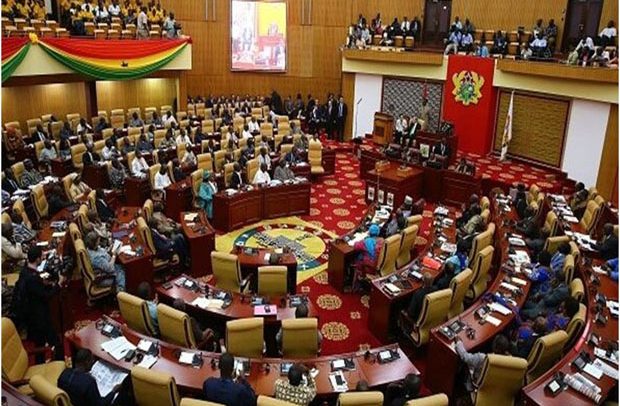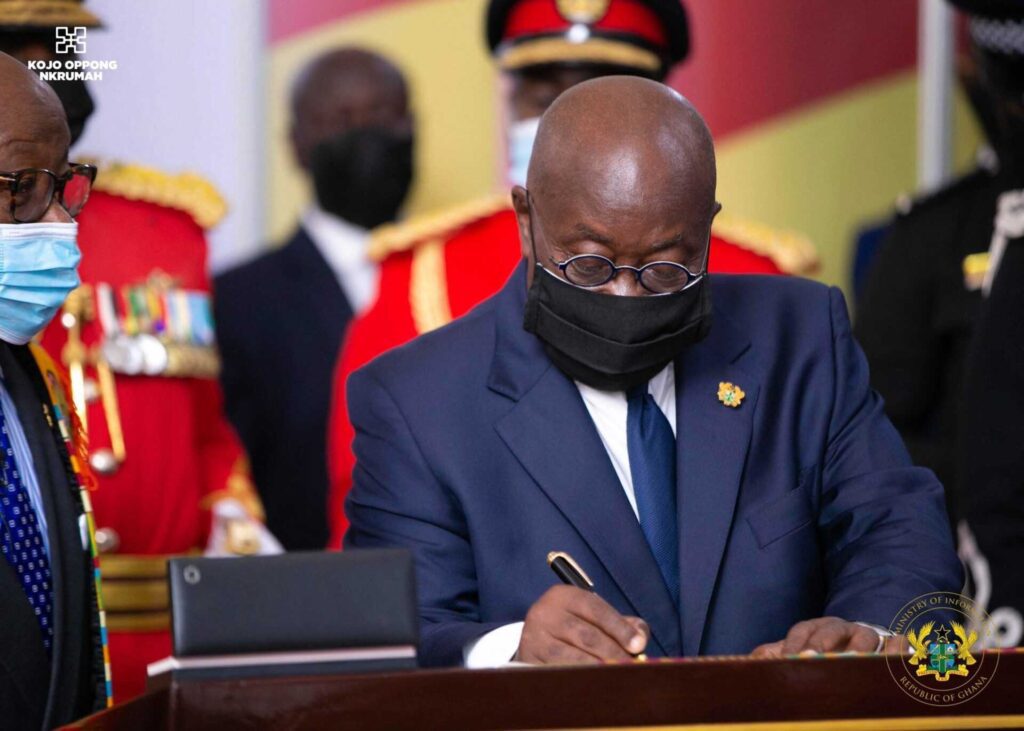Affirmative Action bill passed into law
Parliament just passed the Affirmative Action bill into law. The Affirmative Action Gender Equity Bill 2024, which has been in and out of Parliament for several years, was finally passed unanimously by the House. The bill is expected to ensure that a critical number of women hold key positions in governance, public life, and decision-making […]
Affirmative Action bill passed into law Read More »


